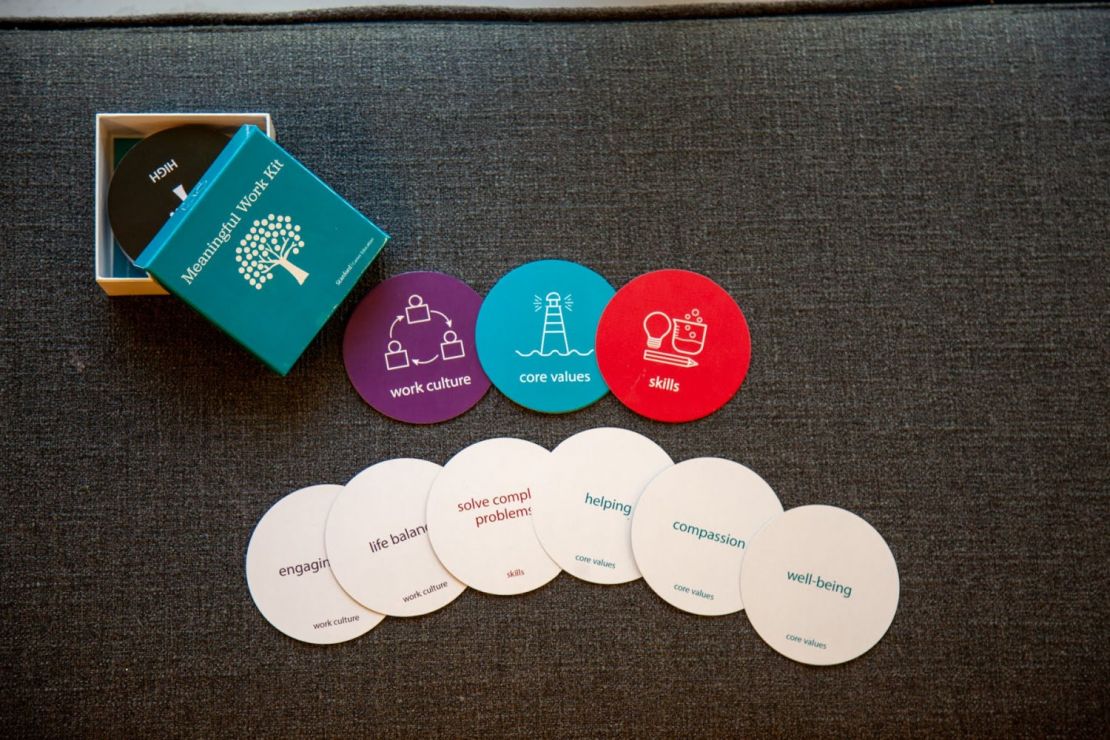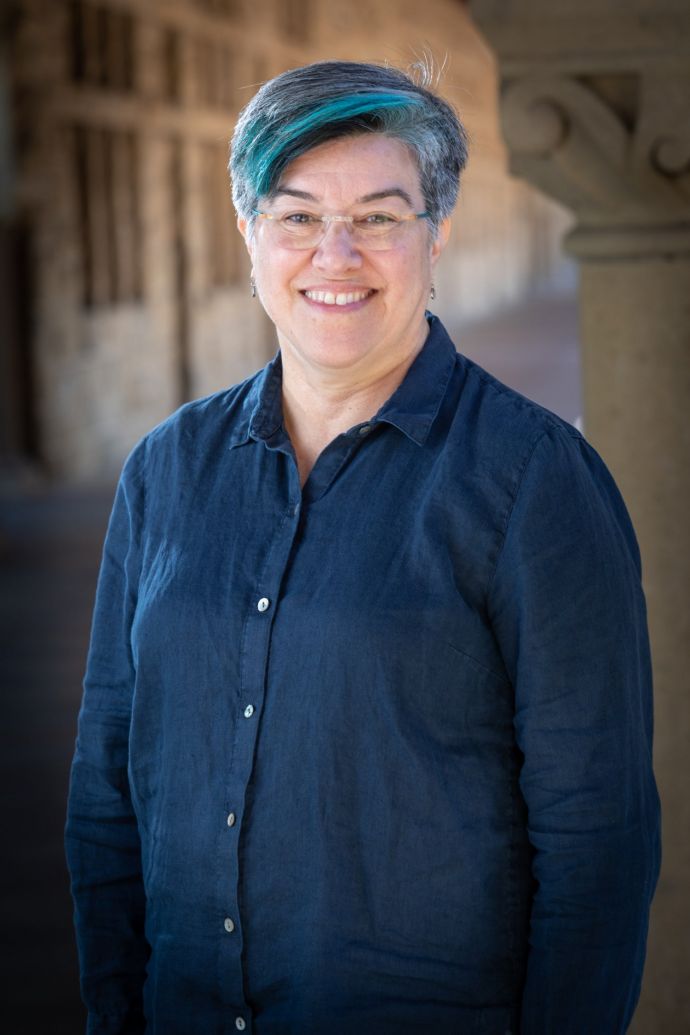Defining a career path raises complicated questions: How does choosing a major relate to a satisfying career? What factors should you take into consideration when considering various internships, jobs, and other opportunities?
Stanford Career Education has launched a new online tool that can help you sort through these choices by focusing on your core values, your work culture preferences, and skills you enjoy using.
“The Meaningful Work Kit is a self-assessment that helps individuals determine what makes them thrive, what meaningful work looks like for them, and what values are guiding them at any stage of their career journey,” said James J. Tarbox, assistant vice provost and executive director of Stanford Career Education.
The kit is easy to use, and free to everyone with an Internet connection. All you need to know how to do is drag and drop. You can complete the exercise quickly, or you can take more time to think through things, and you can use the tool as many times as you would like. Overall, the kit can help you focus on what matters most to you when contemplating potential career choices.
“There are two different things you have to take into consideration: the work you’re actually doing, and the environment or atmosphere of the workplace itself,” said Akash Shah, Class of 2026, who is studying biomedical computation and took the assessment as part of his training as a peer career coach. “It’s really important to think about what you value and what environment will help you thrive — both as a professional and as a person.”
Focusing on what matters most to you

The Meaningful Work Kit was initially created as a set of cards. (Image credit: Stanford Career Education)
The kit is much like a virtual deck of cards divided into three sets for skills, work culture, and core values. Sorting the cards helps clarify your priorities.
First, you’re asked to assign a rating of high, medium, or low importance to each skill, workplace attribute, or value: How much do you enjoy using analytical skills, for example? Is collaboration an important part of the work culture? How vital are core values such as integrity or spirituality?
The next steps involve narrowing these down to your most important priorities. By the end, you will have pared down the 93 skills, values, and work culture preferences to a list of six top priorities.
“This activity really forces you to choose what aspects of the work environment matter the most for your growth,” Shah said. “You really have to imagine yourself in your ideal work situation and critically think about what that would entail.”
The tool helped him think separately about what he would like to do in the workplace – project management and critical thinking, for example – and the type of work environment he would enjoy: Does he want to work on his own, or with a team? Does he want a lot of communication at work, or a more quiet day-to-day environment?
Help with making decisions about career opportunities
The assessment includes reflection questions that encourage students to look for themes — and then has them assess how well a particular job or major, for example, matches their priorities.

Margot Gilliland (Image credit: Stanford Career Education)
“You think of a situation — it could be an internship or a job you are wondering whether to accept — and evaluate it in terms of your top priorities. If creativity is important, is it being met?” said Margot Gilliland, assistant director of career coaching and education for alumni at Stanford Career Education.
You can download a PDF of your results at the end of the assessment. The results come with an Insights and Action Guide that offers tips for incorporating these priorities into a job search. (The site does not store the PDF or any of the individual results, nor does it capture the names or emails of the people who take the assessment.)
“We do highly recommend that people talk over their results with someone — a career coach, a mentor, a friend, or a family member,” Gilliland added. “It’s helpful to process your results with another person.”
Keep in mind an individual’s results—along with their priorities—may change over time.
“We recommend completing this at different times in your life,” Gilliland said. “What you get out of it is identifying what is truly important to you, and identifying your own personal priorities that will guide you in your career and life. Personal priorities change across a lifespan, and the Meaningful Work Kit will give you the opportunity to reflect on the results and use the insights you gained as you advance in your career.”